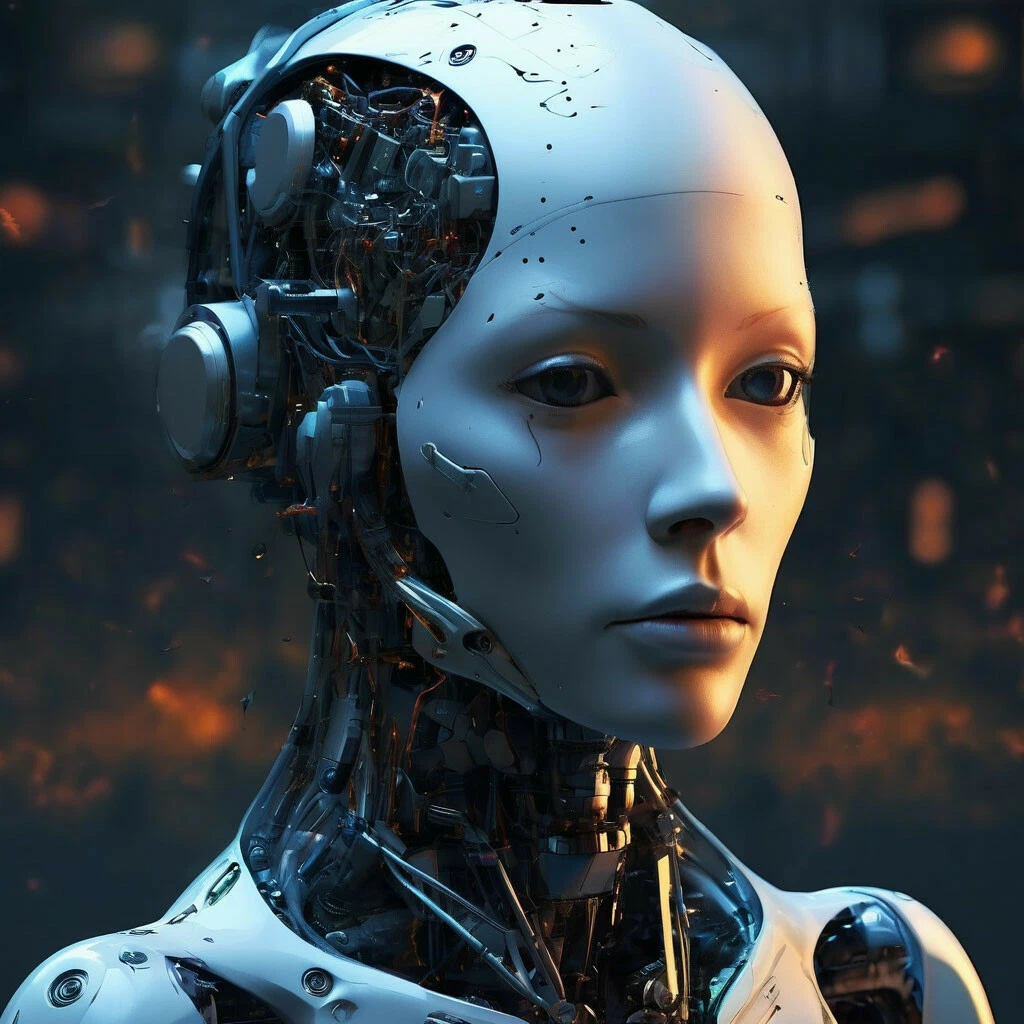
Exam booklet sales grew by 80% due to fight against AI
The world of education is making an unexpected turn to the past! American university professors are returning to traditional written exams using paper booklets. The reason? Fighting against widespread use of artificial intelligence by students. According to a Study.com research, 89% of students admitted they use ChatGPT for homework. 53% – for writing essays, and about 50% – even for tests they take remotely.
The solution to the problem for many professors became returning to so-called “blue books” – exam booklets with blue covers that have been used in the USA since the early 20th century.
On such exams students write detailed answers by hand, often filling an entire booklet. Roaring Spring company, which produces millions of such booklets annually, reported sales growth. So unexpectedly a simple booklet manufacturer benefited from artificial intelligence. And university stores confirm this trend: exam booklet sales grew at University of California by 80% this year, in Florida – by 50%, and at University of Texas – by 30%.
It turns out that returning to handwritten exams is not technological regression. But a peculiar immune response of the educational system to too rapid implementation of artificial intelligence.
Autor: AIvengo
For 5 years I have been working with machine learning and artificial intelligence. And this field never ceases to amaze, inspire and interest me.
Latest News
UBTech will send Walker S2 robots to serve on China's border for $37 millionChinese company UBTech won a contract for $37 million. And will send humanoid robots Walker S2 to serve on China's border with Vietnam. South China Morning Post reports that the robots will interact with tourists and staff, perform logistics operations, inspect cargo and patrol the area. And characteristically — they can independently change their battery.
AI chatbots generate content that exacerbates eating disordersA joint study by Stanford University and the Center for Democracy and Technology showed a disturbing picture. Chatbots with artificial intelligence pose a serious risk to people with eating disorders. Scientists warn that neural networks hand out harmful advice about diets. They suggest ways to hide the disorder and generate "inspiring weight loss content" that worsens the problem.
OpenAGI released the Lux model that overtakes Google and OpenAIStartup OpenAGI released the Lux model for computer control and claims this is a breakthrough. According to benchmarks, the model overtakes analogues from Google, OpenAI and Anthropic by a whole generation. Moreover, it works faster. About 1 second per step instead of 3 seconds for competitors. And 10 times cheaper in cost per processing 1 token.

